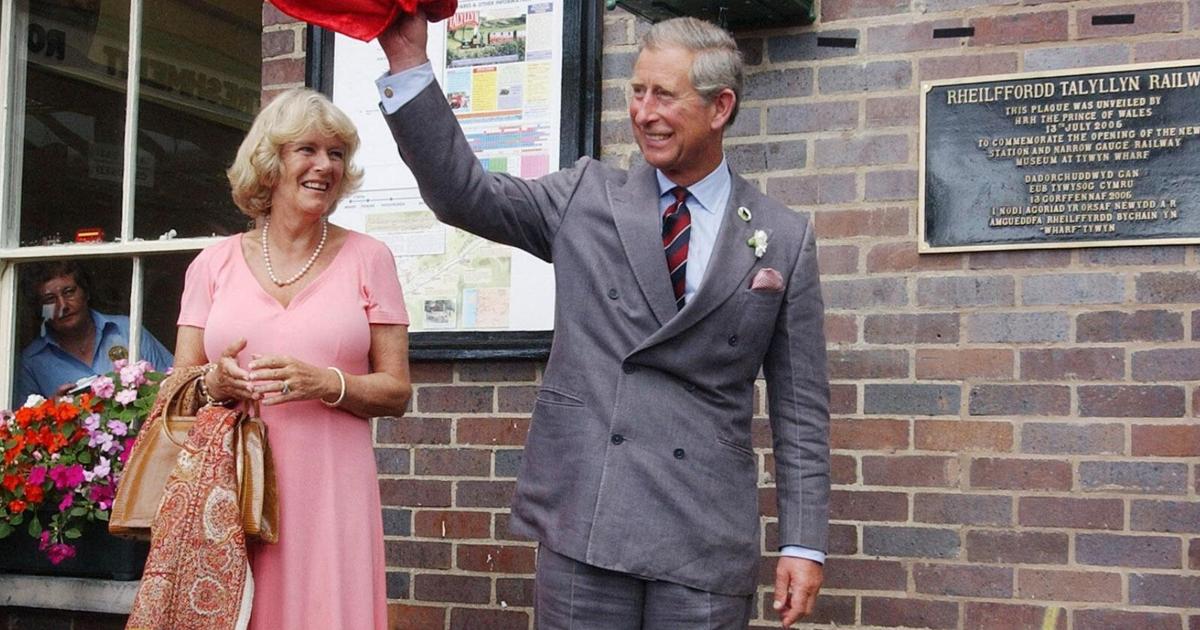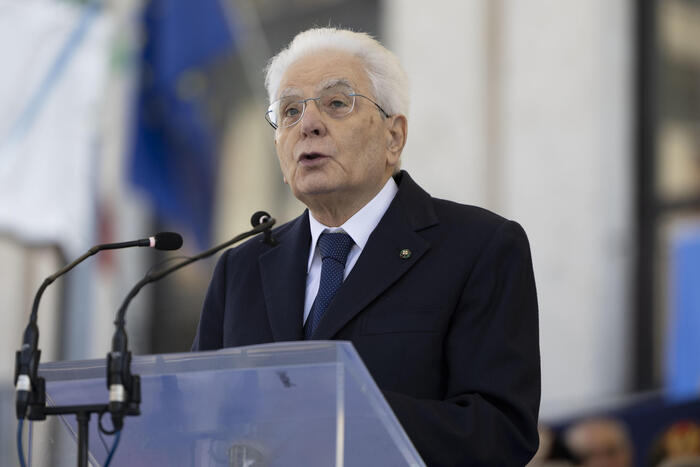Miami dawns every day as if it were the first of January. A strange silence inhabits the center of the city. The few passersby who wander do so in a complaining attitude about the scorching sun. The wind does not run, nor the rush. Some businesses seem not to give up and tune in at full volume Cuban music that does not invite anyone to dance. The premises without a terrace are dark and from a distance you cannot see if they are open or not. It does not matter. In both cases they are empty. In a city where shopping is a sport, and partying, part of the routine, the measures to tackle the coronavirus have stolen her identity. Despite everything, they are still not serving to contain the advance of the pandemic.
Miami and its county accumulate 131,000 infections in a population of 2.7 million people. And Florida, the state of 21.4 million inhabitants to which it belongs, is, after California, the second worst hit by number of cases - according to Johns Hopkins University it has 526,000. The figures grow daily in the country with the most infections in the world, the United States, which reached five million this Sunday. Last week, Florida beat its 24-hour death record four days in a row, which was set at 257 deaths on Friday. In total, there are 8,109 dead.
Landing in the city offers some clues to the situation. Nobody controls - neither temperature measurements nor questions - those arriving from local flights. At the end of May, still with low contagion rates, the Republican governor, Ron DeSantis, proclaimed victory over his flexible strategy to contain the coronavirus against the "draconian" restrictive measures adopted by other territories. Days later, restaurants, shopping centers and gyms reopened with a capacity of 50%. But the "new normal" celebrated by DeSantis did not last long, who has refused to impose the use of the mask or prohibit face-to-face masses, considering that they violate individual freedoms.
The spike in new cases during June came, for the most part, from patients in their 20s and 30s, according to the Florida Department of Health. At the end of the month, the governor decreed the closure of the bars and urged citizens to wear a mask. Miami-Dade County Mayor Carlos Giménez ordered the closure of all restaurants, except for take-out and home delivery, along with gyms and nightclubs. Other mayors of the state did the same. There is still a curfew in Florida's financial center from 10 p.m. and, in some areas, from 8 p.m. In mid-July, Miami, which has more cases than all of Canada or Ecuador, reopened its beaches after three months closed.
More information
- The virus brings America down
- United States lifts global recommendation not to travel abroad
“Hallelujah!” Claudia Machado, 54, shouts as she emerges from the transparent sea of Miami Beach. "It's heaven," Zandy Rodon, 68, replies. The friends hadn't come to the beach for five months. "We needed it, we had been locked up for too long, without seeing each other," they explain. They keep the recommended distance when they sit in front of the sea to drink sangria. They are talking and eating, so they are not wearing a mask. Almost none of the beach users do. The sign at the entrance advises that it must be used in the bathrooms or when the safety distance cannot be maintained. The lifeguard affirms that he cannot be monitoring if people comply, because he must worry about the lives of those who bathe. He clarifies that there is a team of professionals for that, but he is unable to find one.
Beatriz Castro, 60, goes down to the beach early to avoid the crowds. A few days ago she saw a group of 20 women practicing yoga in the sea without respecting the distance or covering their mouth and nose. In the streets the panorama does not change much. It is just as likely to run into someone with a mask as without. They wear it on the wrist, hanging from one ear or covering only the mouth. Those who fail are of all ages. "In Miami there are many people who do not believe that the virus exists, it is incredible," laments Rodon and Machado. They both admire how the pandemic was managed in New York, which, like Florida now, was also the epicenter. They celebrate the clear instructions of the New York governor and mayor, something that, they maintain, has not happened in their State.
A few meters from these friends are two 18-year-old girls. One of the main factors attributed to the spread of the virus is that young people are not complying with the rules. Isabella says this is the first time she has visited the beach since the health crisis and Ariana has already done so a couple of times. They are on vacation and have not gone out to party, although they have received videos of young people in Miami who have gathered to dance, violating local regulations. For them, the problem is that they have not closed completely. “There are people who don't want to lose their businesses, so they keep them open. They ask them to wear masks, but people don't do that either, ”says Isabella. Héctor, a 33-year-old self-employed person, is more blunt with his generation: "We lost respect for the virus." Although he is taking care of himself, he says, he goes out to work and believes that the economy must be opened because if the coronavirus does not kill people, "the shortage will."
Food delivery
The positive rate in Florida is over 17%, according to Johns Hopkins University. Free trials are offered at the Miami Beach Convention Center. Every quarter of an hour a car comes out. There is hardly any demand: the queues are elsewhere. On Friday morning, near the Little Haiti neighborhood, the police, associated with the Chef Creole restaurant, give away 500 boxes of food. Delivery starts at ten, but by nine there is already a line of cars. A dj plays songs that make the agents dance and clap. As soon as a car comes in, they receive it as if it were a Formula 1 car that needs spare parts: A policeman tells it where to settle, another clears the trunk, another takes out the box, the other puts it in and the last one quickly dispatches it.
One of those who receives the donation of milk, fruits and vegetables is Alan Socvi, 46 years old. He lost his job in finance in April and his partner, who had two jobs in the hotel sector, one of the hardest hit in the touristic city, too. “She applied for Extra Unemployment Assistance in April and still hasn't received a dollar. I am on job boards and nobody calls, ”he laments. In Florida unemployment assistance is $ 275 per week (about 233 euros), one of the lowest figures in the US In the last four months, the federal government has provided an additional 600 (509 euros) to mitigate the impact of the pandemic, which will now be reduced to 400 (around 339 euros). The Florida Senate Democratic Caucus reported Wednesday that 1.45 million Floridians continue to wait for their unemployment checks.
Five million infections, the highest number in the world
The United States, the country with the most coronavirus cases in the world, has reached five million infections this Sunday, well above the following on the list: Brazil, with three million, and India, with 2.1 million, according to data from Johns Hopkins University. 40% of those five million have been registered in only five of the 50 states of the North American country: California, Florida, Texas, New York and Georgia. The average of new daily positives for the last week stood at 53,910, according to The New York Times count , 19% less than the data 14 days earlier. But it is not possible to go below 50,000. The US also tops the list of deaths due to covid-19, with 162,441, followed by Brazil, with 100,477, Mexico, with 52,006; and the United Kingdom, with 46,651. Those who died this Saturday, 965, represent 11% more than those registered two weeks ago. Almost half of the US territories show increases in their death toll. President Donald Trump initially lowered the White House's own estimates that the pandemic would cause between 100,000 and 240,000 deaths in the country. Later, he predicted that the deceased would not exceed 110,000, a figure that was also exceeded.
Information about the coronavirus
- Here you can follow the last hour on the evolution of the pandemic
- This is how the coronavirus curve evolves in Spain and in each autonomy
- Search engine: The new normal by municipalities
- Questions and answers about the coronavirus
- Guide to action against the disease


/cloudfront-eu-central-1.images.arcpublishing.com/prisa/OMA4UFCHWBCAJBF6ZSPZWE4ARQ.jpg)






